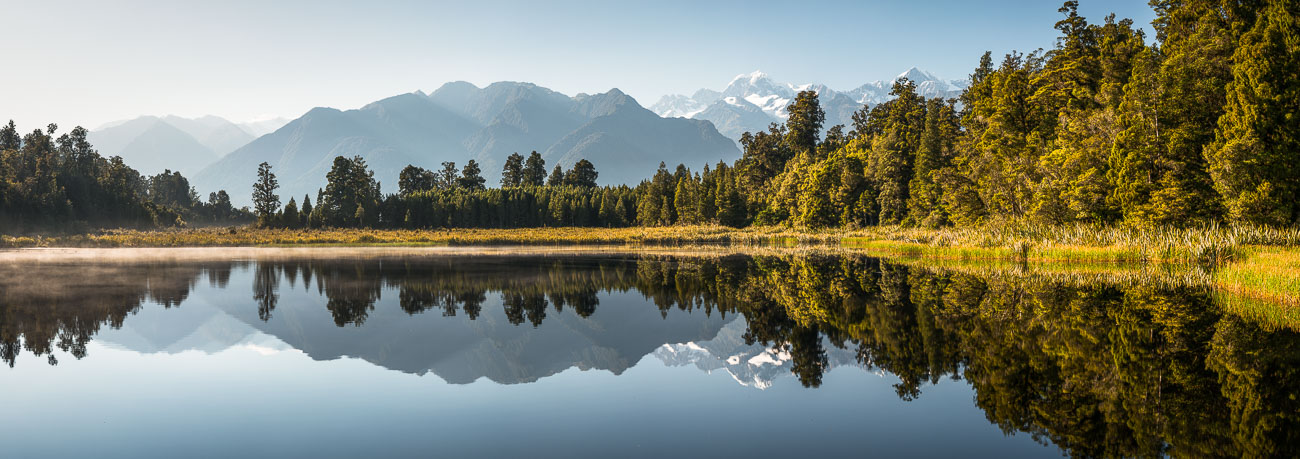By Zena Kavas – Biology Teacher – High School
Continuing on from Stuart’s ‘Reflections on reflection’, I plan to delve a little more into the benefits and importance of reflection and some of the science to support this. Reflection and its close relative, meditation, have the slightly dubious reputation of being a bit flakey, for tree-hugging hippies and people who live in caves, rather than for people like you and me.
However, Maria Montessori says, “But it is necessary to consider not only the active occupations but the need for solitude and quiet, which are essential for the development of the hidden treasures of the soul (From Childhood to Adolescence, p. 73). And what might these hidden treasures of the soul be? This is worth reflecting on, but I would suggest that these hidden treasures may be more than what we learn in our subject areas.
Reflection is defined as the bouncing of light or sound or heat from a surface. When the water in a lake or the sea is very still, we see an authentic reflection. But if there is movement on the water, ripples or waves, the reflection becomes distorted. And so it is with our mind. When the mind is still, our reflections are more real and authentic. However, if there is movement in the mind – busyness, distractions, worries, anxieties – then our reflections may be distorted.
One of the greatest minds of all time, Albert Einstein, recognised the importance of reflection, or time in stillness. He said, “I never came upon any of my discoveries through the process of rational thinking.” His theories of gravity, space and time continue to astound scientist today. Archimedes (~300BC), the great astronomer, physicist, mathematician and engineer, came up with his theory of displacement of water while relaxing in the bath. And Sir Isaac Newton figured out his theory of gravity, while snoozing under an apple tree.
But reflection is not just great for intellectual geniuses. It is a very useful and cheap way to counter the stresses of modern life; the long to-do list, up-coming exams, stresses associated with social media, etc. Numerous studies have shown that reflection and meditation can calm the stress response, allow us to be more aware of our thoughts rather than consumed by them, reduce excess electrical activity in the brain, lower blood pressure and heart rate, and increase levels of hormone associated with happiness.
We often say that we will reflect when we have time, when we have finished everything we have to do. I encourage you to make reflection a priority, to set a good example to our akonga, and do yourself a huge favour by taking time to reflect.
Enjoy your reflection.
